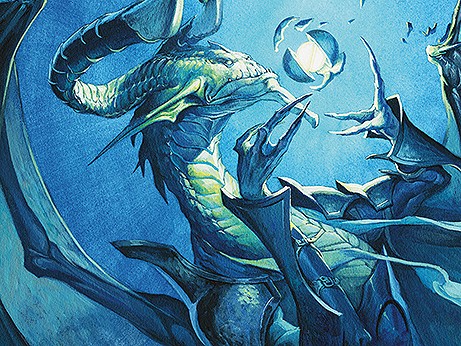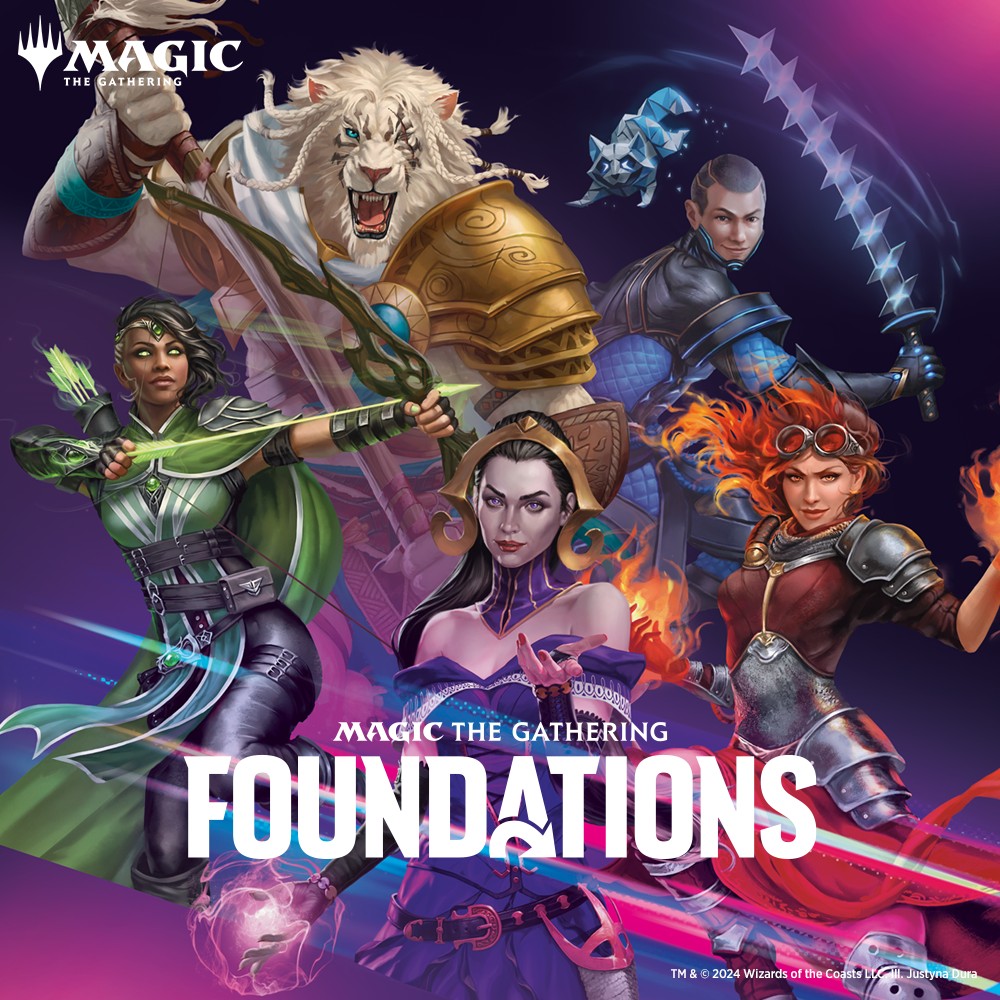Welcome back all! With hockey season fast approaching, it's time to marry one of our favourite sports with one of our favourite hobbies. Over the past few years, analytics has become an integral part of the sport, to the dismay of traditionalists in the genre.
Innovation has taken over the hockey analytics, however, and one of the pioneers has been Micah Blake McCurdy (@IneffectiveMath on Twitter), tall of frame and red of beard, genial of Twitter communication as well. His site, Hockeyviz, covers teams, players, tendencies and anything you might want to know about your favourite player (and more!) with the National Hockey League. Here's a quick example before we move on to our own game:
As you see, the Senators' recently signed Mike Hoffman has differing production based on linemates, and we can find out even more about his production further in the site. So, where does that leave us?
Magic and Analytics
Sadly, there isn't a ton of analytics-based writing or formulation for Magic at the moment. Sites like mtgtop8 can help you pinpoint the number of cards used in certain decks and whether said decks are dominating. Using your own metagame knowledge, you can adjust your deck choice or sideboard choice using an initial base, and there are a good number of financial websites to cover that angle. What's lacking is actual game-data analysis. Here are a few angles that could be covered, perhaps with pretty graphs like Micah's if someone had that talent!
Benefits of going first or second.
It's almost always assumed you're going first, since you get the first land drop, creature play and initiate the attack. What if you just needed that extra card, though? What if adopting a more defensive shell let you play better? What if you just played better, period, if you were second, since it let you accumulate more information? It would be interesting seeing how many games were won by players starting on the play or draw.
Performance at varying tiers.
How does a player perform early in an event as opposed to later? Does they really shine in the top 8 or does they play a steady game throughout? Is that first round a stumbling block? Do some players struggle to top 8 in large events but otherwise have great career numbers? All items that could help improve performance over the long haul.
Play style toward deck choice.
Does a player improve when playing combo, with its ton of moving parts? Does another prefer to just attack, attack, attack and end the game on those terms? What if someone really feels in control...in control? What about Limited and its many decision trees? Very few players can claim to excel in all formats, but it would be fascinating watching some of the best at work, seeing how they pick apart certain aspects and go from there.
On-the-field decision trees.
An observer has the benefit of seeing both players' concealed hands and choosing the best avenue; in play, you only have what info you can glean from the field. There are almost always better plays though. Why waste two potential attackers to remove one of theirs through a double-block? Is saving that Lightning Bolt better? Experience will tell you the correct path, but analysis of playthroughs can only help.
Deck construction and curves.
One of the more standardized analysis modes is the "mana curve". Simply put, you start with your spells in the 0-1 range, then two, then three and so on. Ideally you have sufficient early plays to follow with more cogent threats later on to assure your victory. Especially important in Limited, a poorly chosen addition can leave you looking outside the top 8.
That's it for this week everyone. Hopefully we'll see more focused examination of our great game and until next week, may your deck specimens always appear to be broken.


